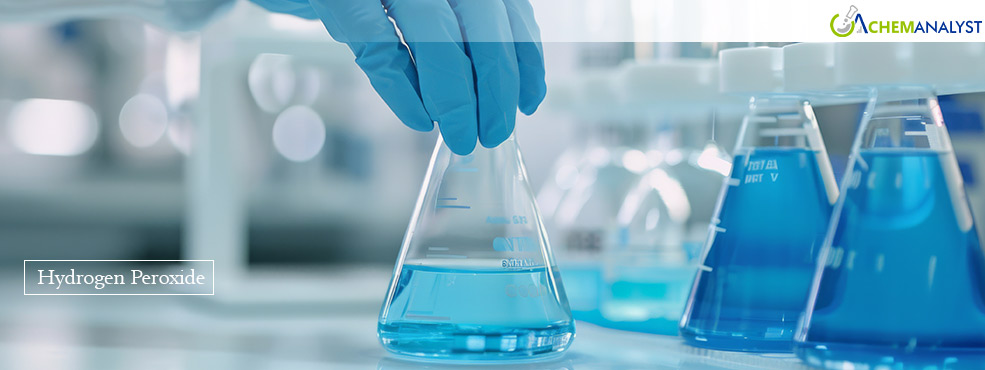Welcome To ChemAnalyst

In the first week of Q3 2025, U.S. hydrogen peroxide prices held steady, despite falling natural gas costs that lowered production expenses. Inventory levels remained ample, preventing price drops, while demand showed a mixed trend—weak in textiles due to falling cotton prices but stable-to-firm in pulp and paper, buoyed by tax reforms supporting U.S. manufacturing. No plant outages or supply issues were reported, maintaining a balanced market. Although global trade uncertainties and tariff delays pose risks, potential Fed rate cuts and cotton price stabilization may drive a short-term demand recovery. Overall, the market remained well-supplied with firm downstream support, keeping prices stable despite cost-side fluctuations.
The prices of Hydrogen peroxide held firm in first week of July xxxx in the USA market. From the manufacturers point of view, the energy cost witnessed significant fluctuations in past few weeks as Natural gas prices continued to drop leading to declining production costs and riding profit margins.
Despite the declined production costs, the overall pricing of Hydrogen peroxide was not affected significantly due to ample inventories present and firm consumption from downstream sectors which ultimately led to balanced market sentiments where prices stabilized at USD xxxx/MT xxx FOB Texas.
No significant plant shutdowns were reported in the past few weeks which could hamper the supply of Hydrogen peroxide in the market. The market remained adequately supplied leading to balanced market dynamics. With the new tariffs and delayed tariffs, the market dynamics are expected to remain uncertain which could impact the...
We use cookies to deliver the best possible experience on our website. To learn more, visit our Privacy Policy. By continuing to use this site or by closing this box, you consent to our use of cookies. More info.
